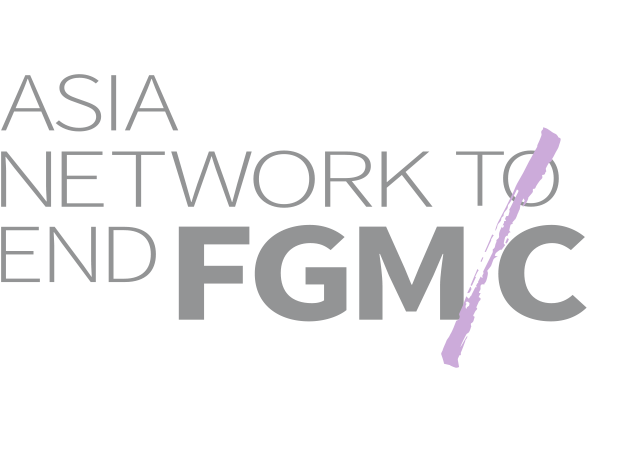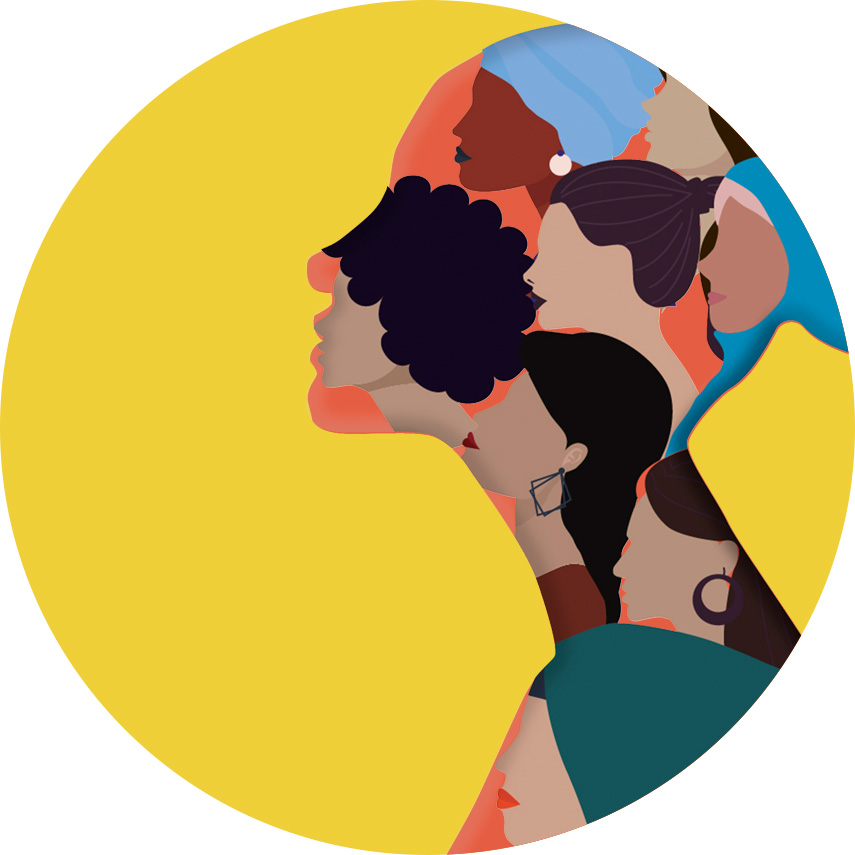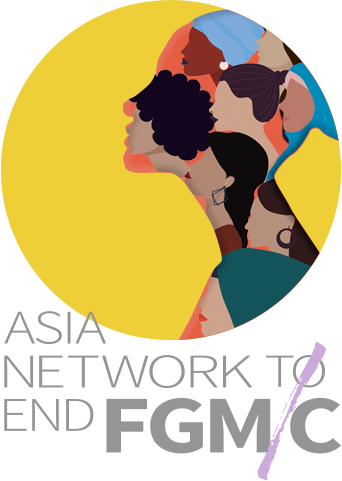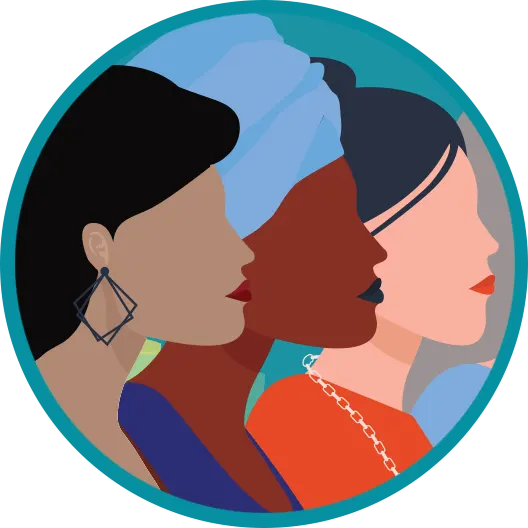Why the Asia Network matters
Available data on the prevalence of FGM/C globally shows that over 230 million women and girls are affected by FGM/C worldwide. Each year, at least 4 million girls are cut globally. 80 million of the global case load is from Asia, where it is usually performed on young girls without any medical reasons.
Only two countries in Asia currently report national data on FGM/C prevalence. This includes Indonesia, where 15 million girls alone will undergo the practice by 2030. The true scale of women and girls affected by FGM/C in the remaining 11 countries across the region where the practice takes place remains unknown.









